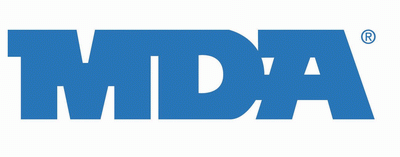Battle of Britain
Posted: Monday, July 11, 2011 by Travis Cody inThe Battle of Britain hinged on air superiority. Britain's forces had to retain it and Germany had to gain it in order to launch Operation Sea Lion, which was the name given to the plan to invade England by sea and with airborne troops.
The German Luftwaffe included 2.550 aircraft, most notably the Messerschmitt Bf 109E and Bf 110C fighters. Initially the RAF relied on the Hurricane MkI and Spitfire Mk I, putting a little less than 2,000 aircraft into service. Although the Luftwaffe fighters were faster, the British had access to high octane fuel to increase power.
The battle raged over the UK from mid July through the end of October 1940. Luftwaffe casualties included nearly 2,700 killed, 967 captured, and more than 600 missing. The British destroyed nearly 1,900 aircraft. The RAF lost 544 killed, 422 wounded, and over 1,500 aircraft destroyed.
The efforts of The Few, as the British forces are remembered, ultimately made Hitler realize that an invasion of the Isle would be lengthy and costly, with the outcome uncertain. Nazi strategies were altered from direct fighter contact to Blitz bombing of British cities.
Although the battle was a decisive victory for the RAF over the Luftwaffe, it was still only 1940. There were still five more years of hard fighting and suffering, in Britain and across the globe.
But the efforts of The Few, and the hardiness of the British people in the face of the Blitz bombings, proved that the Germans could be turned away from an objective. Victory was possible.



















Thinking about the early 1940's this post reminded of my Dad who just shy of one week graduating from high school joined the US Navy. Not too many years later he would be involved in the Guadalcanal conflict with the Japanese! Great historical post as I've not read much about the Batle of Britain.